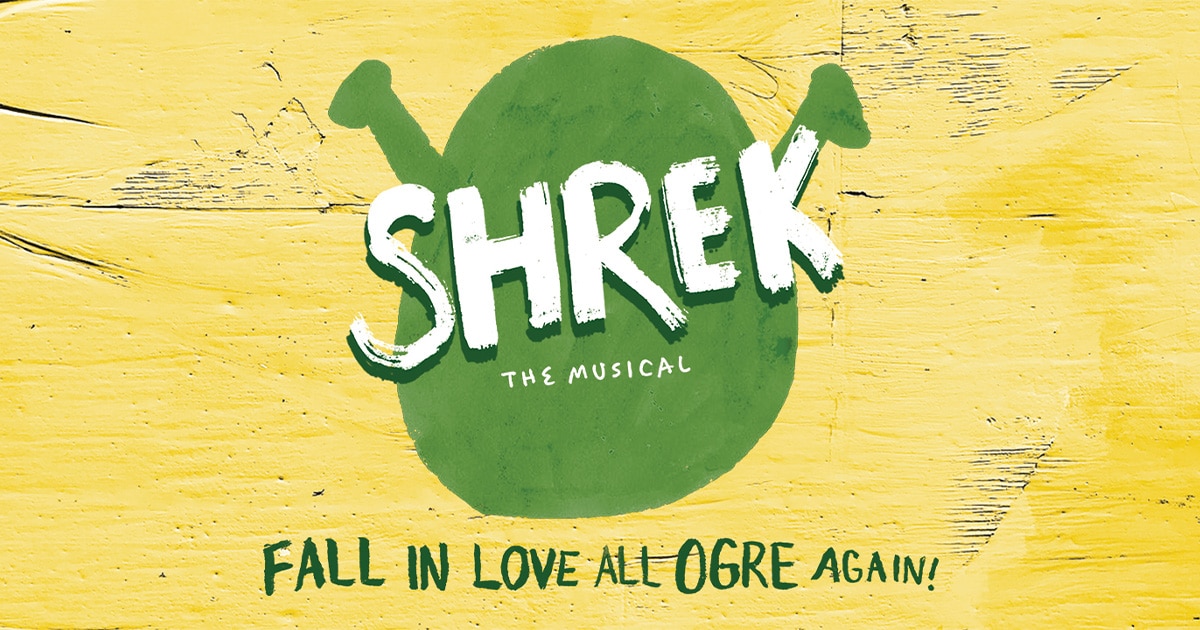DCPA NEWS CENTER
Enjoy the best stories and perspectives from the theatre world today.
Enjoy the best stories and perspectives from the theatre world today.

If you were born before 1990, your bedtime stories were likely straight out of the Grimm Fairy Tales. First published in 1812, Jacob and Wilhelm Grimm put forth 200 tales over their literary career including Snow White, Cinderella and Hansel and Gretel. But Shrek was nowhere among them.
Fast forward 180 years and along comes an ogre, donkey and cat…in boots. Shrek! was the brainchild of writer and cartoonist William Steig.
Born in 1907, Steig was clearly influenced by those Brothers Grimm. After a prolific career as an illustrator at The New Yorker where he created more than 1,600 drawings and 117 covers, he retired and took his sharpened colored pencils and even sharper wit with him. He pivoted to his second career in children’s literature at the ripe young age of 61.
He quickly began accumulating literary awards including the Caldecott Medal, Christopher Award, and Newbery Honor among others. The key to his success? His work reaches beyond a child audience.
“[He] has the unusual childlike capacity to present incidents of wonder and marvel as if they are but everyday occurrences,” said James E. Higgens in Children’s Literature in Education. “He writes not out of a remembrance of childhood, but out of the essence of childhood which no adult can afford to give up or to deny.”
Which is exactly why Shrek!, which Steig published in 1990 at the ripe young age of 83, resonates not only with children but also with adults (parent or not).
It quickly caught the attention of the film industry, originally being optioned by Steven Spielberg and later acquired by DreamWorks. After opening in 2001 and grossing $42 million in its first weekend, Shrek the movie went on win the first Academy Award for best animated feature. Sequels were inevitable with three subsequent movies, several spinoffs, theme park rides, video games, memes and, ultimately, a Broadway musical, which opened in 2008.
While Steig passed away in 2003 before the Broadway adaptation of his children’s book came to the stage, he did say of the movie: “It’s vulgar, it’s disgusting and I loved it.”
And what’s not to love? Whether you’re a kid appreciating it at face value or an adult who peels back the layers (“orges are like onions,” after all), Shrek, according to Gina Cherelus in The New York Times, “captures the essence of unlikely friendships and unsuperficial romance, making its happily-ever-after ending feel triumphant.”
